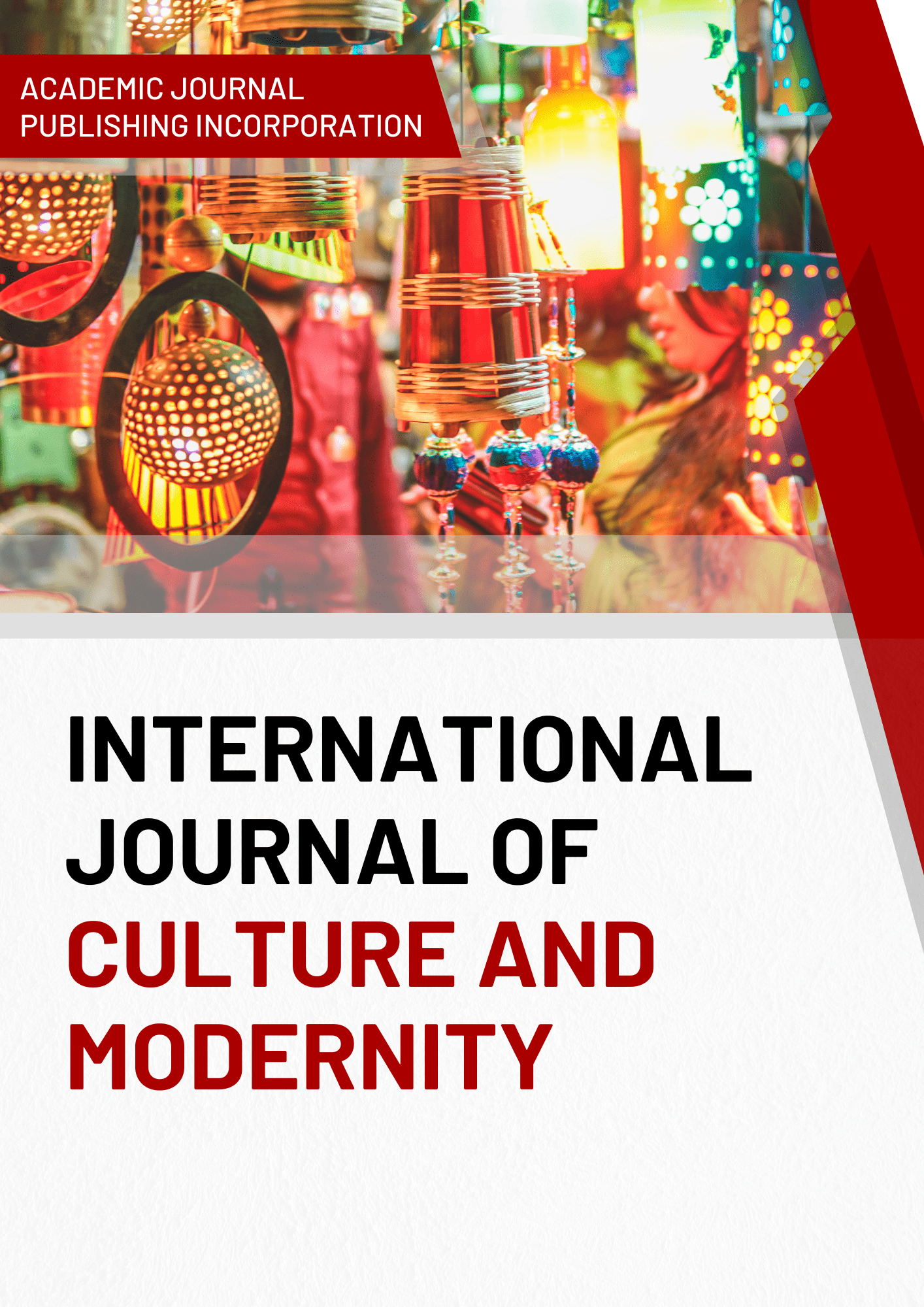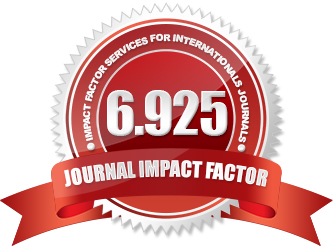Investigating Semantic Analysis on Figurative Language to a Movie Script: A Literature Case
DOI:
https://doi.org/10.51699/ijcm.v6i.47Keywords:
Figurative, meaning, semantics, literatureAbstract
The goal of this study is to discover out why movie scripts are frozen. The data used by the theoretician is from Keraf (2009). The goals of this study are to determine the categories of figurative language in frozen movie scripts and the prevalent classification of figurative language in frozen movie scripts. The researcher employs a descriptive qualitative method to describe and analyze figurative language that is being heard, and then classify it. Figurative language is the use of words in a non-traditional order and meaning to convey a complex meaning, colorful writing, clarity, or evocative contrast. Figurative language is a type of semantics; as we all know, semantics is the study of meaning; we may find figurative language in songs, novels, poems, and movies. The study focuses on kind metaphorical language in a frozen movie script. The researcher discovered several types of figurative in this study, including simile (5 sentences), metaphor (1 phrase), hyperbole (7 words), personification (5 sentences), metonymy (4 sentences), and litotes (3 sentences). The overall amount of sentences is 25, with exaggeration 7 sentences accounting up 28 percent of the total.
References
Barnet, S., Berman, M., and Burto, W. (2008). An Introduction to Literature Fiction,
Poetry, and Drama (15th Ed.). New York: Pearson Longman.
Boggs, Joseph M & Petrie, Dennis W. (2008). The Art of watching films. NewYork: McGraw hill
Creswell, J.W. (2009). Research Design: Qualitative, Quantitative and Mixed Methods Approaches. California: SAGE publications
Dancygier, B., and Sweetser, E. (2014). Figurative Language. Cambridge: Cambridge
University Press.
Eagleton, Terry. (2008). Literary Theory: An introduction. United States University of Minnesota Press.
Herman. (2016). Students’ Difficulties in Pronouncing the English Labiodental Sounds. Communication and Linguistics Studies. Vol. 2, No. 1, 2016, pp. 1-5. doi: 10.11648/j.cls.20160201.11. Retrieved from http://www.sciencepublishinggroup.com/journal/paperinfo?journalid=357&doi=10.11648/j.cls.20160201.11
Herman, Murni, S. M., Sibarani, B. and Saragih, A. (2019). Structures of Representational Metafunctions of the “Cheng Beng” Ceremony in Pematangsiantar: A Multimodal Analysis. International Journal of Innovation, Creativity and Change., Volume 8, Issue 4, 2019. Retrieved from https://www.ijicc.net/images/vol8iss4/8403_Herman_2019_E_R.pdf
Herman., Purba, R., Thao, N. V., &Purba, A. (2020). Using Genre-based Approach to Overcome Students’ Difficulties in Writing. Journal of Education and E-Learning Research, 7(4), 464-470. https://doi.org/10.20448/journal.509.2020.74.464.470. Retrieved from: https://www.asianonlinejournals.com/index.php/JEELR/article/view/2417
Manurung, R., Silalahi, D. E., Herman., and Situmorang, R. K. (2020). An Analysis of Figurative Language Found in the Jakarta Post Newspaper. Global Science Independent Journal, Vol 1 No 1 (2020), PP. 22-39. Retrieved from: https://syniutajournals.com/index.php/GSIJ/article/view/165
Panjaitan, P. S. A., Herman., and Sinaga, Y. K. (2020). Figurative Language Analysis t Song Lyrics Of Billie Eilish “When We All Fall Asleep, Where Do We Go?” Album. American Journal of Humanities and Social Sciences Research (AJHSSR), Volume 04 - Issue 10, PP. 10-20. Retrieved from https://www.ajhssr.com/wp-content/uploads/2020/09/B204101020.pdf
Nainggolan, F., Siahaan, D. A., Sinurat, B., and Herman. (2021). An Analysis of Figurative Language on Joe Biden’s Victory Speech. International Journal on Integrated Education, Vol. 4 No. 3 (2021), PP. 364-375, DOI: https://doi.org/10.31149/ijie.v4i3.1514. Retrieved from: https://journals.researchparks.org/index.php/IJIE/article/view/1514
Nurgiyantoro, Burhan. (2010).TeoriPengkajianFiksi. Yogyakarta: Gajah Mada University Press
Purba, R. and Herman. (2020). Multimodal Analysis on Ertiga Car Advertisement. Wiralodra English Journal (WEJ), Vol 4 No 1 Maret 2020, PP. 21-32. Retrieved from http://wej.unwir.ac.id/index.php/wej/article/view/77
Siburian, A. E., Herman., Purba, . N., and Hutahaean, D. T. (2020). Figurative Language Analysis in Poems of Maya Angelou. Global Science Independent Journal, Vol 1 No 1 (2020), PP. 40-53. Retrieved from: https://syniutajournals.com/index.php/GSIJ/article/view/169
Sinaga, H., Herman., and Pasaribu, E. (2020). The Effect of Anagram Game on Students’ Vocabulary Achievement at Grade Eight of SMP Negeri 8 Pematangsiantar. Journal of English Educational Study, Volume 3 Issue 1 May 2020, Page 51-60
E-ISSN: 2655-0776. Retrieved from http://jurnal.stkippersada.ac.id/jurnal/index.php/JEES/article/view/655
Sitanggang, V., Hutahaean, D. T., and Herman. (2019). An Analysis of the Contents of Proclamation of Indonesian Independence in Semantic Role. Multidisciplinary European Academic Journal, Issue Vol 1 No 1. Retrieved from https://www.syniutajournals.com/index.php/MEAJ/article/view/95
Van Thao, N., Herman., and Tho, N. T. Q. (2020). A Comparative Study of Words Indicating ‘Artificial Containers of Water’ in Vietnamese and English. International Journal of Innovation, Creativity and Change. www.ijicc.net, Volume 12, Issue 10, 2020, Pages 328 to 337. Retrieved from https://www.ijicc.net/images/vol12/iss10/121038_Thao_2020_E_R.pdf
Van Thao, N., Herman., Ha, T. T., Thuy, N. T. T., and Tho, N. T. Q. (2020). Analysis of Argumentation in Nam Cao’s Story ‘Chi Pheo’ Based on a Pragmatics Perspective. International Journal of Innovation, Creativity and Change. www.ijicc.net, Volume 12, Issue 12, 2020. Retrieved from https://www.ijicc.net/images/vol12/iss12/121288_Thao_2020_E_R.pdf
Van Thao, N., Herman, Napitupulu, E. R., Hien, N. T., and Pardede, H. (2021). Code-Switching in Learning via Zoom Application: A Study in an EFL Context.Asian ESP Journal, Volume 17 Issue 3.1, March 2021, ISSN: 2206-0979, PP. 91-111. Retrived from:https://www.asian-esp-journal.com/volume-17-issue-3-1-march-2021/
Downloads
Published
How to Cite
Issue
Section
License
Copyright (c) 2021 Nguyen Van Thao

This work is licensed under a Creative Commons Attribution 4.0 International License.






